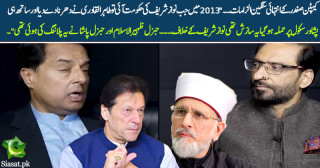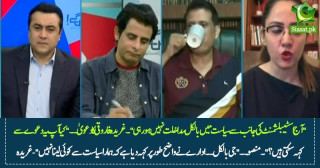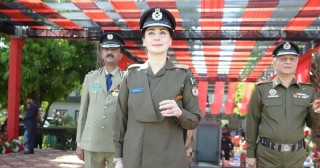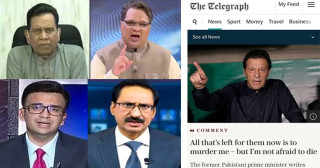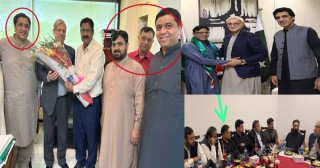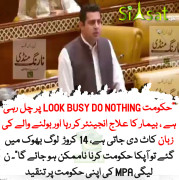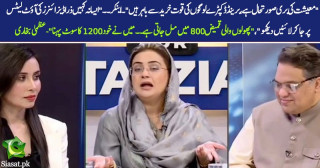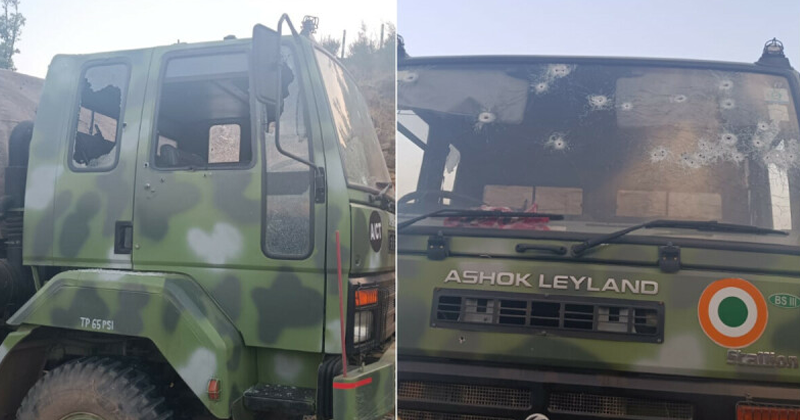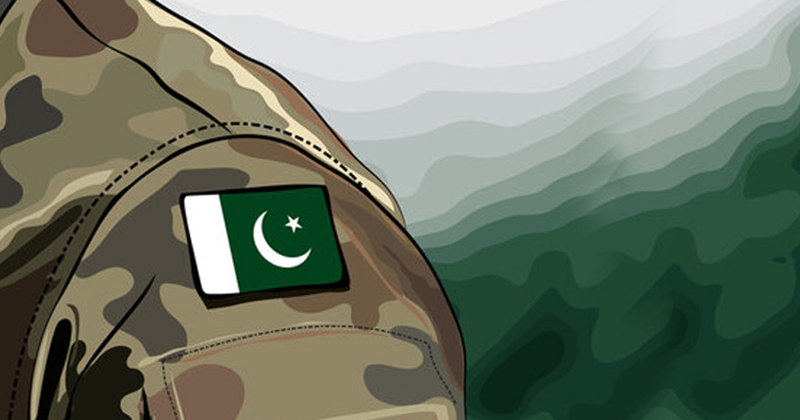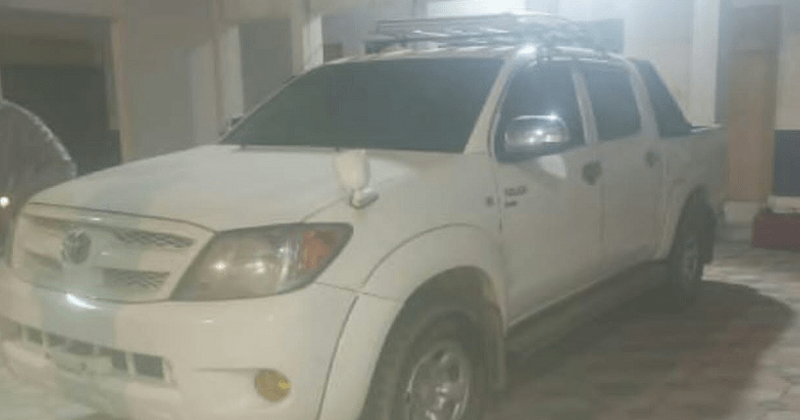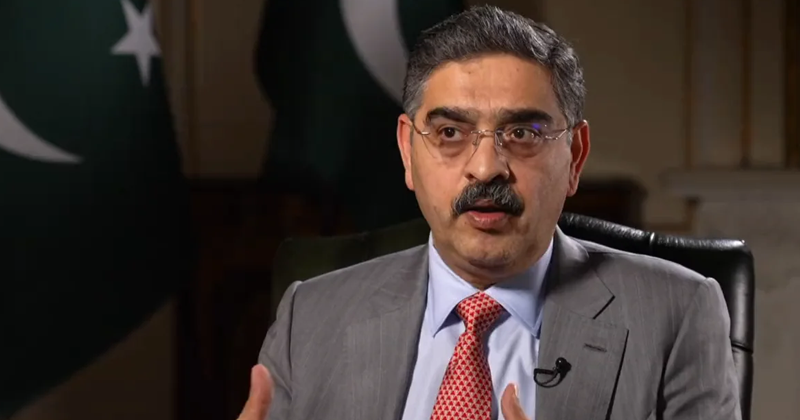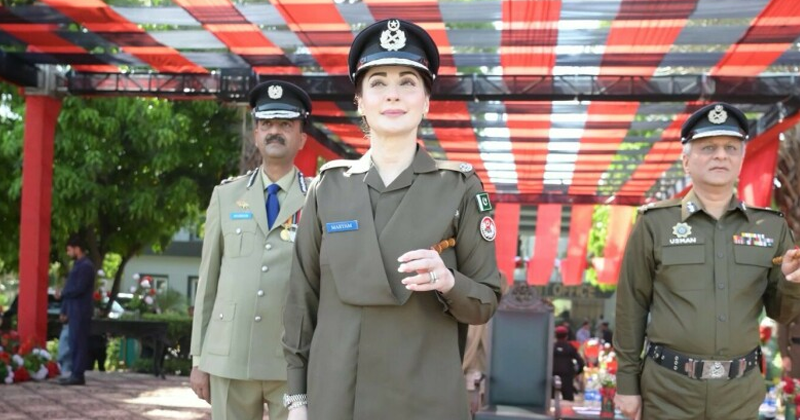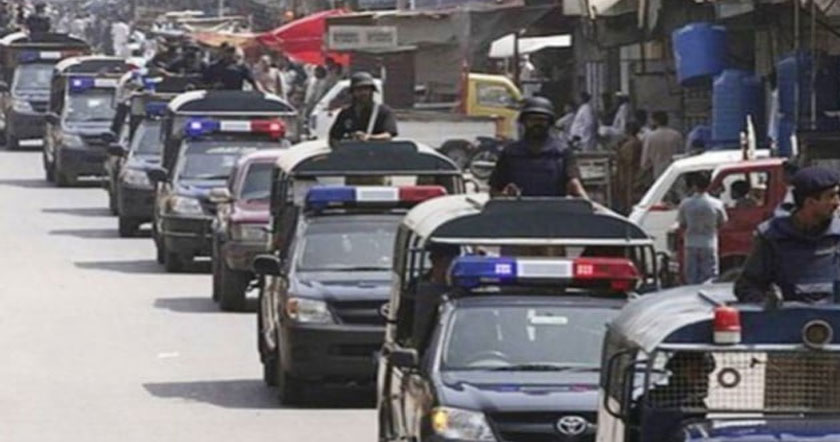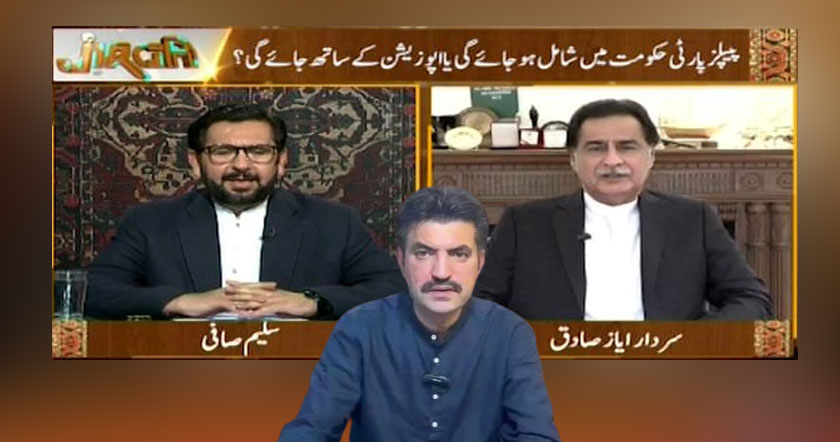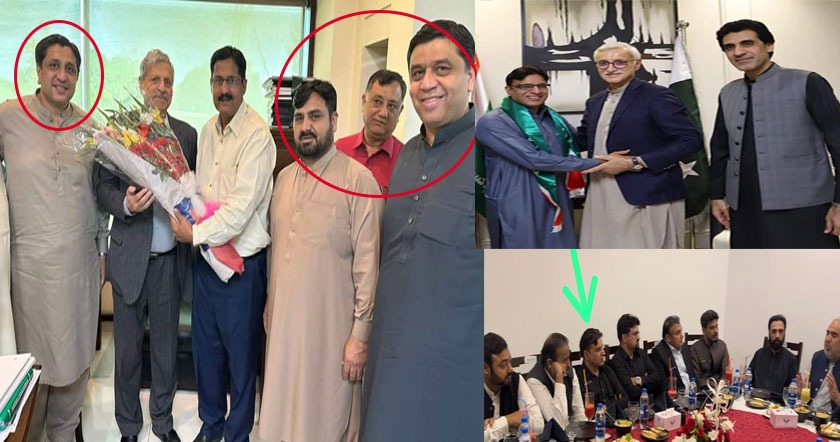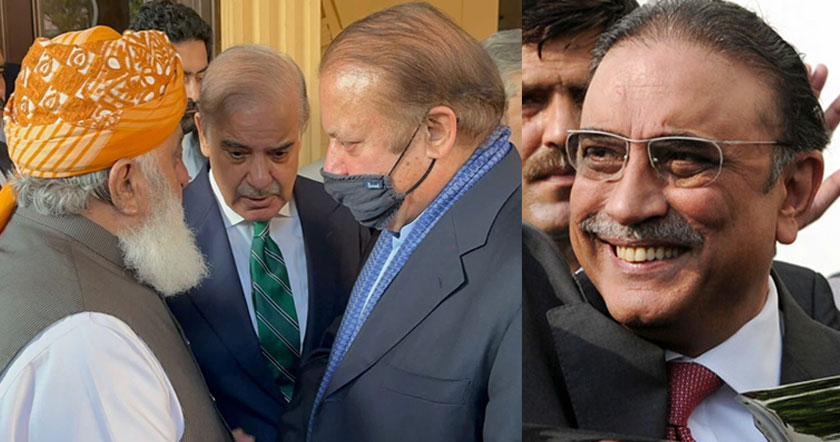A House Divided: The cloak-and-dagger story of splits among Baloch militants
by Maqbool Ahmed, Herald Magazine
16 December 2014
It was an unusual development. Two leaders of the Baloch separatist movement not only differed vehemently with each other, they also made their disagreement known to all and sundry through press statements.
On October 9, 2014, Mir Suleman Daud, the exiled heir to the Khan of Kalat, strongly criticised Dr Allah Nazar, the leader of the militant group Balochistan Liberation Front (BLF), in a statement published in newspapers in Balochistan. London-based Daud was unhappy that Nazar had a meeting with Akhtar Mengal, a former chief minister of Balochistan whose Balochistan National Party (BNP) is active in electoral politics, something that Baloch separatists and militants disapprove of.
“A pro-independence guerrilla leader should have never met Akhtar Mengal,” said Daud, as reported by the trilingual daily newspaper Tawar. He also accused the Mengals of duplicity.
“On one hand, Javaid Mengal [who leads a separatist group, Lashkar-e-Balochistan, from London] prides himself on waging an armed struggle [for the] independence of Balochistan … and on the other, he sends his brother (Akhtar Mengal) to Pakistan to contest parliamentary elections,” the statement read.

An undated photograph shows Baloch rebels holding their weapons
The very next day, Nazar denied meeting Akhtar Mengal. “Even if [the meeting] had taken place, there would be nothing wrong with it,” he said in a statement also published in Tawar. Nazar claimed that his critics too had contacted Akhtar Mengal in the past. “The heavens did not fall when my honourable friend Hyrbyair Marri sent the Liberation Charter to Akhtar Mengal via his friends,” he added. This was a direct response to Daud’s description of Hyrbyair as the “only true leader of the Baloch freedom struggle”.
A senior Baloch political activist, who has worked as an office-bearer of the Baloch Student Organisation (BSO) in the first half of the 1990s, explains that the two statements, in fact, are the first public display of tensions long simmering among the separatist militant leaders. These tensions originally resulted from differences among the two sons of Nawab Khair Bakhsh Marri — the doyen of Baloch separatism and one of the three Baloch leaders who spearheaded a revolt against the Pakistan Army during the 1970s.
Soon after Khair Bakhsh Marri’s son Balach was killed in Afghanistan in 2007, his other son, Hyrbyair – who was then believed to be leading a militant organisation, Balochistan Liberation Army (BLA) – was arrested in London. This made the senior Marri pass on control of the BLA to his third son Mehran, who is alleged to have grossly mismanaged the affairs of the organisation.
“Most BLA commanders believe that Mehran embezzled the BLA funds and weapons,” says the activist, wishing to remain unnamed due to the sensitive nature of the subject. Mehran is also said to have used the embezzled funds and weapons to set up his own militant organisation, United Baloch Army (UBA).
A pro-militant web portal, Bramsh News Media, has recently published some details of the allegations against Mehran. On November 1, 2014, the portal carried a report authored by its spokesperson, Beuragh Baloch, claiming that Mehran had stolen three million dollars from the BLA funds and two of his confidants, Qadir Marri and Murad Naadi, took away 50 per cent of the organisation’s weapon stash, worth around 800 million rupees.
“When Hyrbyair took back control of the BLA after his release [from arrest in London], Qadir and Murad escaped … with a stockpile of weapons and launched the UBA,” the report read. Khair Bakhsh Marri intervened in the dispute and asked Hyrbyair to pardon his brother but this ended up creating differences between Hyrbyair and his father, claimed the report.
Bashir Zeb Baloch, a former chairman of the BSO, has also written, since August 2014, a series of articles in daily Tawar about these circumstances. He wrote that he held several meetings with the BLF head Nazar and senior guerrilla commander Wahid Qambar before and after the emergence of the UBA. The purpose of these meetings was to get the BLA’s weapons back from Qadir Marri.
“Instead of helping [in returning the weapons], it appeared from their attitude that they wanted us to recognise the UBA and forget all differences,” he wrote in one of the articles. Later, he said, it was proven that the BLF was getting weapons from Qadir Marri, who had a good working relationship with Nazar.
Bashir Zeb Baloch then also wrote about contacting BSO chairman Zahid Baloch (who later went missing), urging him to extend political support equally to all separatist organisations — as an effort to remove the impression that the student wing of the Baloch separatism was supporting a specific organisation or a particular leader.
Analysts keenly following the activities of Baloch militants tell the Herald that two distinct groups have emerged among the Baloch separatist movement. “Dr Allah Nazar and his BLF have good ties with the UBA and Brahumdagh Bugti’s Baloch Republican Army,” says one of them on the condition of anonymity. The other group consists of the BLA and the BLF’s breakaway faction Balochistan National Liberation Front (BNLF). This second group has the political support of Daud, he adds.
The BNLF was formed a couple of years ago by BLF commanders Salim Baloch and Allah Bakhsh Jago. The latter was a drug smuggler before he became a militant. Jago and Salim Baloch had cited the killing of innocent people, both Baloch and settlers, as their reason for parting ways with the BLF. In reality, says the analyst, it was a BLA-backed move aimed at settling scores with Nazar. The split among the separatists, however, does not augur well for the BLA and its allies in the long run, the analyst adds.
Since the June 2014 death of Khair Bakhsh Marri, it has become difficult for the BLA to maintain its support among the Baloch who support secession from Pakistan. On the other hand, the BLF still boasts that one of its main leaders – Wahid Qambar – is a veteran of the insurgency of the 1970s, which has by now achieved a legendary status in Baloch history

An undated photograph showing Dr Allah Nazar Baloch, leader of the Balochistan Liberation Front — Reuters photo
Secondly, Nazar operates from within Balochistan whereas Hyrbyair Marri is living in England. The supporters of the former say he continues to face the security forces directly, while the latter is seen as being based in his relatively safe British shelter.
A recent incident explains what directly facing the security forces can entail. Nazar had a very narrow escape in a September 2014 encounter with security forces in Gomazi, an area of Kech district, according to a Balochistan government official. “Along with some of his men, he was trapped by security forces in a small village but escaped using underground irrigation tunnels, locally known as karezes,” the official says.
Insiders claim that such a close call for Nazar could have been a consequence of the split among militant groups, who seem as intent on fighting among themselves as they are on countering security forces. This, analysts say, may provide the security forces a rare opportunity to strike at the militants at a time when they are not at their united best.
“The army is likely to launch a security operation against Baloch militants,” says one analyst, “provided its operation against the Taliban in North Waziristan is successful.”
Read more: Akhtar Mengal, Allah Nazar Baloch, balochistan, BLF, Pakistan, separatists.
http://herald.dawn.com/2014/12/16/a-house-divided-2.html
by Maqbool Ahmed, Herald Magazine
16 December 2014
It was an unusual development. Two leaders of the Baloch separatist movement not only differed vehemently with each other, they also made their disagreement known to all and sundry through press statements.
On October 9, 2014, Mir Suleman Daud, the exiled heir to the Khan of Kalat, strongly criticised Dr Allah Nazar, the leader of the militant group Balochistan Liberation Front (BLF), in a statement published in newspapers in Balochistan. London-based Daud was unhappy that Nazar had a meeting with Akhtar Mengal, a former chief minister of Balochistan whose Balochistan National Party (BNP) is active in electoral politics, something that Baloch separatists and militants disapprove of.
“A pro-independence guerrilla leader should have never met Akhtar Mengal,” said Daud, as reported by the trilingual daily newspaper Tawar. He also accused the Mengals of duplicity.
“On one hand, Javaid Mengal [who leads a separatist group, Lashkar-e-Balochistan, from London] prides himself on waging an armed struggle [for the] independence of Balochistan … and on the other, he sends his brother (Akhtar Mengal) to Pakistan to contest parliamentary elections,” the statement read.

An undated photograph shows Baloch rebels holding their weapons
The very next day, Nazar denied meeting Akhtar Mengal. “Even if [the meeting] had taken place, there would be nothing wrong with it,” he said in a statement also published in Tawar. Nazar claimed that his critics too had contacted Akhtar Mengal in the past. “The heavens did not fall when my honourable friend Hyrbyair Marri sent the Liberation Charter to Akhtar Mengal via his friends,” he added. This was a direct response to Daud’s description of Hyrbyair as the “only true leader of the Baloch freedom struggle”.
A senior Baloch political activist, who has worked as an office-bearer of the Baloch Student Organisation (BSO) in the first half of the 1990s, explains that the two statements, in fact, are the first public display of tensions long simmering among the separatist militant leaders. These tensions originally resulted from differences among the two sons of Nawab Khair Bakhsh Marri — the doyen of Baloch separatism and one of the three Baloch leaders who spearheaded a revolt against the Pakistan Army during the 1970s.
Soon after Khair Bakhsh Marri’s son Balach was killed in Afghanistan in 2007, his other son, Hyrbyair – who was then believed to be leading a militant organisation, Balochistan Liberation Army (BLA) – was arrested in London. This made the senior Marri pass on control of the BLA to his third son Mehran, who is alleged to have grossly mismanaged the affairs of the organisation.
“Most BLA commanders believe that Mehran embezzled the BLA funds and weapons,” says the activist, wishing to remain unnamed due to the sensitive nature of the subject. Mehran is also said to have used the embezzled funds and weapons to set up his own militant organisation, United Baloch Army (UBA).
A pro-militant web portal, Bramsh News Media, has recently published some details of the allegations against Mehran. On November 1, 2014, the portal carried a report authored by its spokesperson, Beuragh Baloch, claiming that Mehran had stolen three million dollars from the BLA funds and two of his confidants, Qadir Marri and Murad Naadi, took away 50 per cent of the organisation’s weapon stash, worth around 800 million rupees.
“When Hyrbyair took back control of the BLA after his release [from arrest in London], Qadir and Murad escaped … with a stockpile of weapons and launched the UBA,” the report read. Khair Bakhsh Marri intervened in the dispute and asked Hyrbyair to pardon his brother but this ended up creating differences between Hyrbyair and his father, claimed the report.
Bashir Zeb Baloch, a former chairman of the BSO, has also written, since August 2014, a series of articles in daily Tawar about these circumstances. He wrote that he held several meetings with the BLF head Nazar and senior guerrilla commander Wahid Qambar before and after the emergence of the UBA. The purpose of these meetings was to get the BLA’s weapons back from Qadir Marri.
“Instead of helping [in returning the weapons], it appeared from their attitude that they wanted us to recognise the UBA and forget all differences,” he wrote in one of the articles. Later, he said, it was proven that the BLF was getting weapons from Qadir Marri, who had a good working relationship with Nazar.
Bashir Zeb Baloch then also wrote about contacting BSO chairman Zahid Baloch (who later went missing), urging him to extend political support equally to all separatist organisations — as an effort to remove the impression that the student wing of the Baloch separatism was supporting a specific organisation or a particular leader.
Analysts keenly following the activities of Baloch militants tell the Herald that two distinct groups have emerged among the Baloch separatist movement. “Dr Allah Nazar and his BLF have good ties with the UBA and Brahumdagh Bugti’s Baloch Republican Army,” says one of them on the condition of anonymity. The other group consists of the BLA and the BLF’s breakaway faction Balochistan National Liberation Front (BNLF). This second group has the political support of Daud, he adds.
The BNLF was formed a couple of years ago by BLF commanders Salim Baloch and Allah Bakhsh Jago. The latter was a drug smuggler before he became a militant. Jago and Salim Baloch had cited the killing of innocent people, both Baloch and settlers, as their reason for parting ways with the BLF. In reality, says the analyst, it was a BLA-backed move aimed at settling scores with Nazar. The split among the separatists, however, does not augur well for the BLA and its allies in the long run, the analyst adds.
Since the June 2014 death of Khair Bakhsh Marri, it has become difficult for the BLA to maintain its support among the Baloch who support secession from Pakistan. On the other hand, the BLF still boasts that one of its main leaders – Wahid Qambar – is a veteran of the insurgency of the 1970s, which has by now achieved a legendary status in Baloch history

An undated photograph showing Dr Allah Nazar Baloch, leader of the Balochistan Liberation Front — Reuters photo
Secondly, Nazar operates from within Balochistan whereas Hyrbyair Marri is living in England. The supporters of the former say he continues to face the security forces directly, while the latter is seen as being based in his relatively safe British shelter.
A recent incident explains what directly facing the security forces can entail. Nazar had a very narrow escape in a September 2014 encounter with security forces in Gomazi, an area of Kech district, according to a Balochistan government official. “Along with some of his men, he was trapped by security forces in a small village but escaped using underground irrigation tunnels, locally known as karezes,” the official says.
Insiders claim that such a close call for Nazar could have been a consequence of the split among militant groups, who seem as intent on fighting among themselves as they are on countering security forces. This, analysts say, may provide the security forces a rare opportunity to strike at the militants at a time when they are not at their united best.
“The army is likely to launch a security operation against Baloch militants,” says one analyst, “provided its operation against the Taliban in North Waziristan is successful.”
Read more: Akhtar Mengal, Allah Nazar Baloch, balochistan, BLF, Pakistan, separatists.
http://herald.dawn.com/2014/12/16/a-house-divided-2.html


